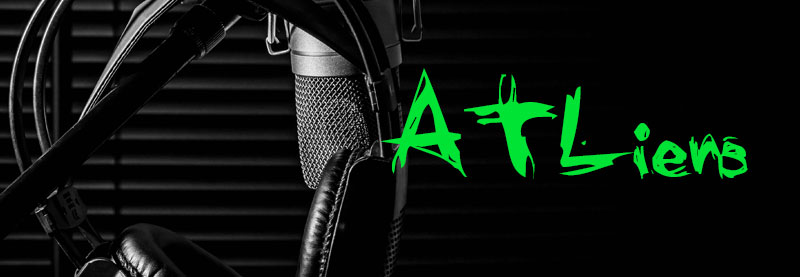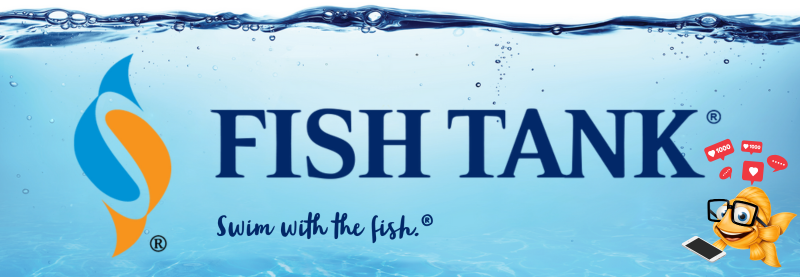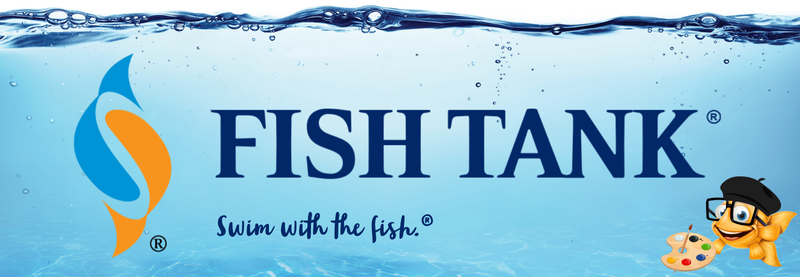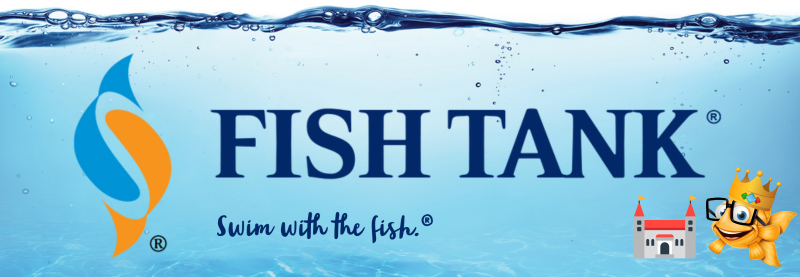Intellectual Property Insights from Fishman Stewart PLLC
Newsletter – Volume 24, Issue 22
Share on Social
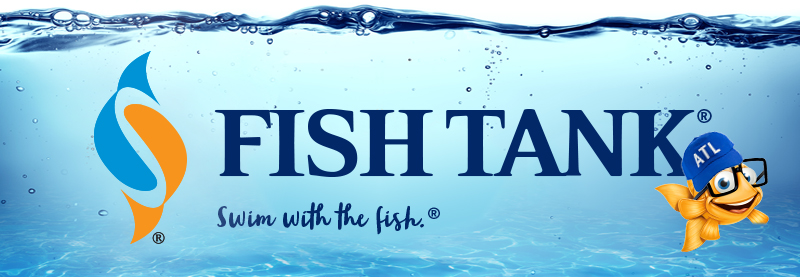
ATLIENS vs. ATLiens, Let Me Hear You Say “O-Nay-Yer”
In 1994, a little-known hip hop band from Atlanta named Outkast released its debut album Southernplayalisticadillacmuzik. The album achieved some success, but the band’s second album, ATLiens, put the band on the map. Outkast’s ATLiens album (which contained a song by the same name) has enjoyed enduring critical and commercial success.
ATLiens Touring, Inc., also from Atlanta, is an electronic dance music (EDM) duo that has been performing under the name ATLiens since 2012. In 2020, ATLiens Touring obtained a trademark registration for the mark ATLiens for entertainment services.
Outkast’s holding company, High Schoolers, LLC, filed its own applications for ATLIENS in 2021, for a variety of music and entertainment goods and services. The applications were refused registration based on ATLiens Touring’s registration, and Outkast petitioned to cancel the registration.
Last month, Outkast filed suit against ATLiens Touring, seeking an injunction against ATLiens Touring’s continued use of ATLiens and seeking damages. Outkast asserts that it coined the term “ATLiens” as a portmanteau of “ATL” and “aliens,” and that it has prior rights in ATLIENS based on its 1996 album and song, followed by new versions and remixes of the ATLiens song, as well as associated merchandise.
Under trademark law, the title of a single creative work such as a book, song or movie, does not function as a trademark, but rather, merely serves only as the work’s name and does not identify its source. Source identification is the function of a trademark.
When a designation such as a title or character is used for a series of creative works (meaning two or more), trademark rights can accrue. Under certain circumstances, an original work and subsequent versions of the work can constitute a series, if the original and subsequent versions differ significantly in content. Outkast will need to demonstrate that the original ATLiens song and the follow up versions and remixes are substantially different to qualify as a series, which may give rise to trademark rights.
Additionally, it remains to be seen whether Outkast can prove priority of rights. It released the ATLiens album in 1996. ATLiens Touring began use of the mark in 2012. Trademark rights in a series may date back to the original work in the series, if the subsequent works were published within a reasonable time such that it creates an association to the public between the works as a series.
We will watch this case with interest, though we think it is likely that this case will go the way of the Lady A dispute (formerly Lady Antebellum), with the parties reaching a confidential settlement.
Michelle Visser is a partner of Fishman Stewart, with over 25 years of experience practicing trademark law with other members of the firm’s Trademark Group. Check out her full bio here.
Related Content from Fishman Stewart
In our previous FishTank article “The Great Beige-Off: Influencer Sues for ‘Vibe’ Infringement,” we reported on Sydney Nicole Gifford’s lawsuit against fellow influencer Alyssa Sheil over allegations of copyright infringement involving neutral-toned social media content.
People have long pondered whether or not the Giza pyramids were indeed solely burial chambers, which was the only known, and archaeologically determined, use—until now.
As the story goes, Klein was so taken with the indescribable blue of the sky over the Mediterranean in Nice, France, that he dedicated his artistic talent developing a blue that would imbue the canvas with this color in its purest form.
Despite her pseudo-legal background in Suits, Meghan has been running into one issue after another in her efforts to register the trademark and logo for her new lifestyle company, for now, called “AS EVER”.
By 1930, efforts began in New York to replace Mother's Day with Parent's Day because men were more than just breadwinners. Those efforts didn't catch on, probably because in that era, women often spent more time in the home.
In February, Nike and Skims announced that they will be working together on a new brand, NikeSkims. The co-brand will create a new line of training apparel, footwear, and accessories specifically designed to meet the unique needs of women athletes.
Generally, federal courts have exclusive jurisdiction over copyright cases, and often, this presents an insurmountable paywall for individual artists and small businesses to vindicate their rights, especially where the value of the individual copyrighted works are relatively low.
Dedicated to raising public awareness about the importance of encouraging innovation and creativity throughout the world, the World Intellectual Property Organization (WIPO) annually observes World Intellectual Property Day on April 26 to showcase the role that patents, trademarks, industrial designs, copyrights and trade secrets play in our everyday lives.
Hold onto your foam fingers, sports fans – college sports just got a whole lot more interesting! The latest updates to Name, Image, and Likeness (NIL) rules are making student-athletes bigger than ever, and it’s not just about the game anymore.
Did a federal court in Louisiana recently decide that US copyrights are global rights? It seems so.
IDENTIFYING, SECURING AND ADVANCING CREATIVITY®


